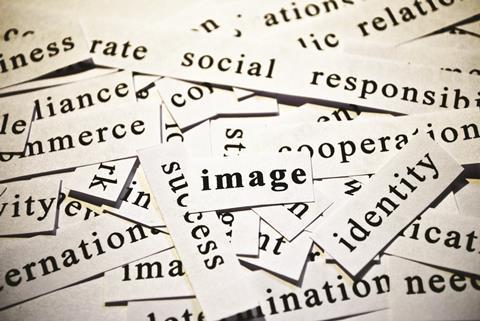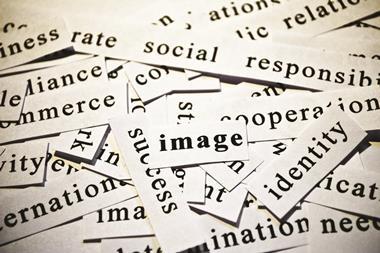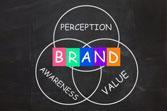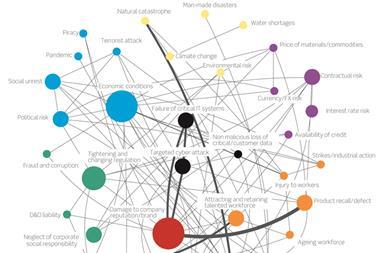Research shows that by a very large margin, ‘excellent’ companies with a good name among consumers are more likely to bounce back from a crisis

The relationship between a company’s reputation and its resilience to a product recall crisis has been highlighted in study by the Reputation Institute.
The research body found consumers are more likely to give the benefit of the doubt to better-reputed companies when it comes to a product recall crisis that relates to product quality issues, supply chain disruptions, workplace, and ethical or regulatory issues.
When a crisis strikes, 79% would trust companies with an ‘excellent’ reputation to do the right thing. Only 27% would trust firms with an ‘average’ reputation and 8% those with a ‘poor’ one.
RL Expert managing partner Leesa Soulodre says speed of communication is key: “Effective reputation risk management requires a company to communicate accurately, timely and transparently about these facts and to take responsibility/accountability for the issue and any clean-up.
“The faster the company is to apologise, to show empathy to its victims and to be seen to be addressing the issues so that it can never happen again, the more likely it is to preserve its reputational equity.”
The choice of spokesperson is also key, she says.
“Reputation risk management is about effectively developing advocacy and trust over time for continuous market access and licence to operate. This means significant investment in risk communications and stakeholder engagement prior to any incident. This requires multi-stakeholder engagement from across the organisation.”
Recall expert Vince Shiers, managing director of RQA Group, argues the use of social media in product recalls also has major implications. “It will become more common for consumers to post their experiences on social media rather than contacting the consumer care departments of producers or retailers,” he says. “On social media anyone can say anything – it doesn’t have to be true, so sorting true complaints from falsehoods will seriously challenge the crisis teams of companies when they are trying to evaluate the scale of a food safety incident and what action may be required.”




















No comments yet